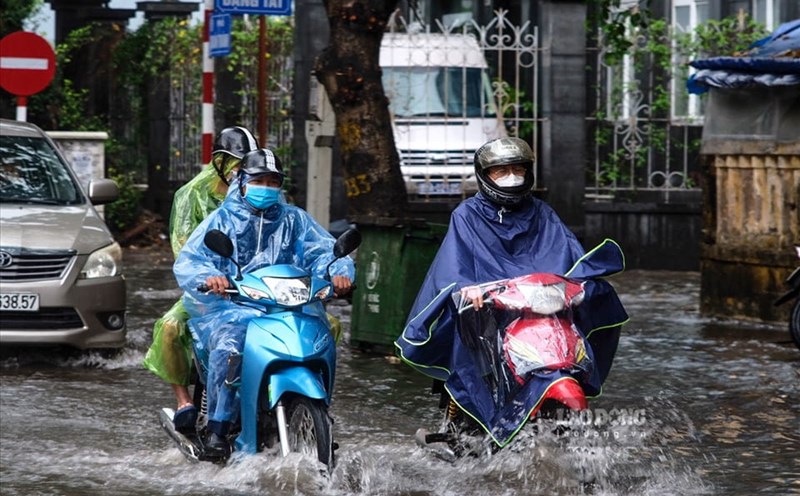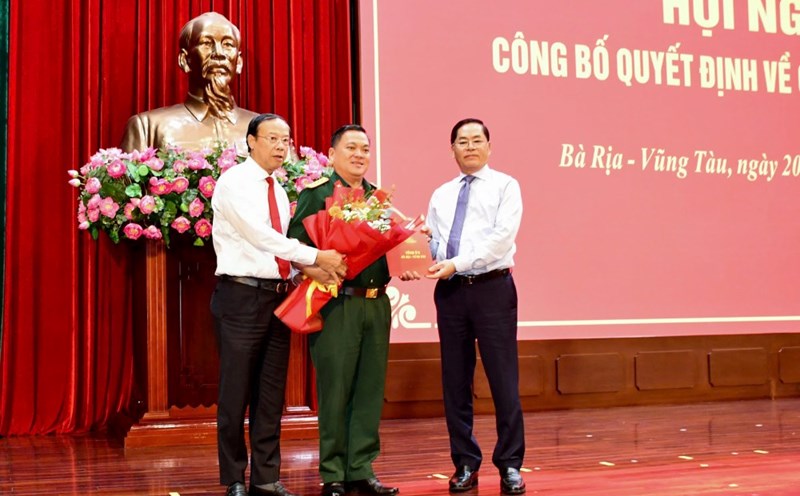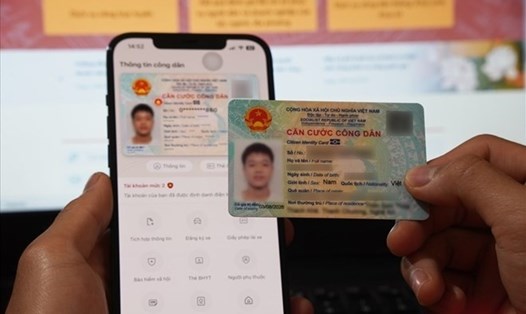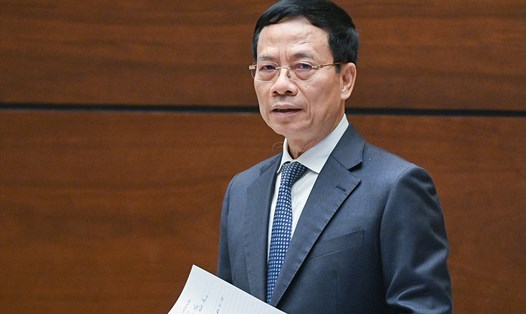On March 4, 2025, the Government issued Resolution No. 41/NQ-CP at a thematic meeting on law-making in February 2025.
At this meeting, the Government gave opinions on 7 draft laws, including:
1. Law on Emergency Situations;
2. Law amending and supplementing a number of articles of the Law on Product and Goods Quality;
3. Railway Law (amended);
4. Law on mutualalal Legal Assistance on Civil Matters;
5. Law on Extradition;
6. Law on Transfer of Persons serving Imprisonments;
7. Law on Personal Data Protection.
Regarding the draft Law on Emergencies, the Government requested the Ministry of National Defense to continue reviewing the draft Law, ensuring a clear understanding of emergencies at all levels of civil defense; strengthening decentralization and delegation of authority according to the principle of "clearly knowing the work, understanding the most important work, then assigning it".
Clearly identify the authority to effectively handle practical issues arising in conjunction with the requirement to ensure human rights and civil rights in emergency situations; minimize administrative procedures in the draft Law to ensure flexibility and effectiveness in responding to emergency situations.
Research and supplement regulations on: Application of works in emergency conditions for epidemics; policies for victims when performing tasks in emergency conditions; maintaining civil proceedings and administrative proceedings in emergency situations; emergency situations for radiation and nuclear incidents; responsibility of the Ministry of Science and Technology when an emergency situation for radiation and nuclear incidents occurs.
Regarding the draft Law on Railway (amended), the Government requires specific and outstanding mechanisms to be stipulated in the draft law.
Study and supplement regulations on mobilizing resources to invest in railway infrastructure systems under the public-private partnership (BT, BOT, ...); study and supplement the mechanism for placing orders and assigning tasks to enterprises participating in the railway industry; further promote decentralization, delegation of authority, and reduction of administrative procedures.
Only regulate framework issues, be principles, within the authority of the National Assembly and assign the Government to regulate in detail (including the content of the ratio of revenue distribution from exploitation of land in areas adjacent to national railway stations to ensure flexibility and adjustment over time).
Regarding the extradition Law project, the Government requested the Ministry of Public Security to review and consider amending the draft law in the direction of not stipulating "hard" as " extradition cases" but only stipulating the criteria and conditions for considering extradition to ensure the true nature of considering extradition requirements, while ensuring feasibility in the application process.
Regarding the draft Law on Personal Data Protection, the Government affirmed that this is an important draft law related to human rights, civil rights, and related to the scope of management of many sectors and fields.
Therefore, the draft needs to add provisions to allow the application of regulations in specialized laws that stipulate a level of personal data protection higher than this law.
Administrative procedures and business conditions in the draft law must be strict, both performing well the role of state management and being convenient for people and businesses.
Ensure that the provisions in the draft law cover and protect all personal data of citizens in the electronic environment and traditional working environment.











